In a casual and insightful conversation, I sat down with Elizah, a Biodiversity Offset Coordinator at Easy Skill for a main Papua LNG Operator. Elizah shared his journey, experiences, and the intricacies of role within the Biodiversity, Societal, and Environment (BSE) department.
To start off, could you tell us a bit more about your background and how you found your way into the role of a Biodiversity Offset Coordinator?
Elizah: Well, before joining a main Papua LNG Operator, I was involved with the Wildlife Conservation Society in Papua New Guinea, working on marine conservation. My academic background is in tropical biology and conservation. The transition to a major Papua LNG Operator happened last year when I decided to apply my skills to contribute to conservation initiatives within the energy industry.
Now, as a biodiversity offset coordinator, could you shed some light on what your role entails?
Elizah: Certainly. In the BSE department, my focus is on biodiversity, particularly in the Purarí Delta of Papua New Guinea. My role kicks in during the early stages of a project. I collect baseline data to assess the environmental footprint of the company. As the project progresses, my team and I work on offsetting the biodiversity impact by creating conservation areas and implementing mitigation strategies.
Could you explain how you calculate the footprint and the subsequent offsetting process?
Elizah: The calculation involves various factors, considering the type of forest, area clearance, and the biodiversity values at stake. For instance, if the company clears a primary forest, we aim to offset that impact by creating a conservation area of equal or like-for-like value. The offsetting program involves technical calculations based on the specific disturbance caused. Moreover, the Papua LNG Operator I work with has a commitment to net gain, ensuring that we not only compensate for the impact but go beyond to protect the environment further.
Your work seems both challenging and rewarding. Speaking of challenges, what do you find most challenging in your role?
Elizah: The industry demands efficiency and timely results, and meeting those expectations is undoubtedly a challenge. However, the real thrill for me is the impact we can make. Working in the field, assessing the terrain and biodiversity values where the project will take place, brings a physical challenge, but I embrace it because I believe in the positive impact we're creating.
And looking ahead, how long do you anticipate working on this project?
Elizah: Unlike some roles in the industry that conclude with the construction phase, mine is ongoing throughout the lifespan of the project. After construction, we shift to monitoring the residual impacts, ensuring a sustainable approach to the environment. It's a long-term commitment.
That's interesting. Now, Elizah, what inspired you to take on this role, considering the unique challenges it presents?
Elizah: The industry's goal-oriented nature and the prospect of contributing to meaningful conservation efforts intrigued me. I saw it as both a challenge and an opportunity at this stage of my career, where I wanted to make a tangible impact. The commitment to biodiversity net gain by the Papua LNG Operator aligns with my values and aspirations.
Lastly, could you share a bit about the day-to-day activities in the field during the pre-construction phase?
Elizah: Currently, we're focused on pre-construction surveys, covering terrestrial biodiversity, aquatic studies, and assessing cultural heritage. I lead or support teams in marking and documenting threatened or restricted ranged plants and animals, evaluating water quality, and identifying historical sites. Additionally, I'm involved in crafting management plans for the company to navigate around sensitive biodiversity features.
Elizah, you mentioned working with local communities to create conservation areas. Could you share more about your interactions with the communities and the broader societal impact?
Elizah: Certainly. In our efforts to create conservation areas, collaboration with local communities is vital. While my primary focus is on biodiversity, the societal team plays a crucial role. They engage with communities, understand their needs, and ensure that our conservation initiatives align with the well-being of the people. Livelihood projects become a significant incentive for communities to protect the land, providing alternative sources of income.
It's inspiring to see the holistic approach that involves both environmental and societal considerations. Now, tell us more about your experience with Easy Skill. How would you describe your time as a consultant?
Elizah: I must say I'm happy working with Easy Skill. The support from the entire team has been exceptional. They are approachable, responsive, and always willing to address any concerns. The welcoming atmosphere and the quick actions taken by the team contribute to a positive work environment.
Thank you for sharing your insights, Elizah. It's been truly enlightening to learn about your journey and the intricate work you do.
Intrigued by becoming a consultant?
If you wish to embark on a similar journey in Papua New Guinea, consider joining us at Easy Skill. Send your resume to julia.kila@easy-skill.com, and let's explore the possibilities together.
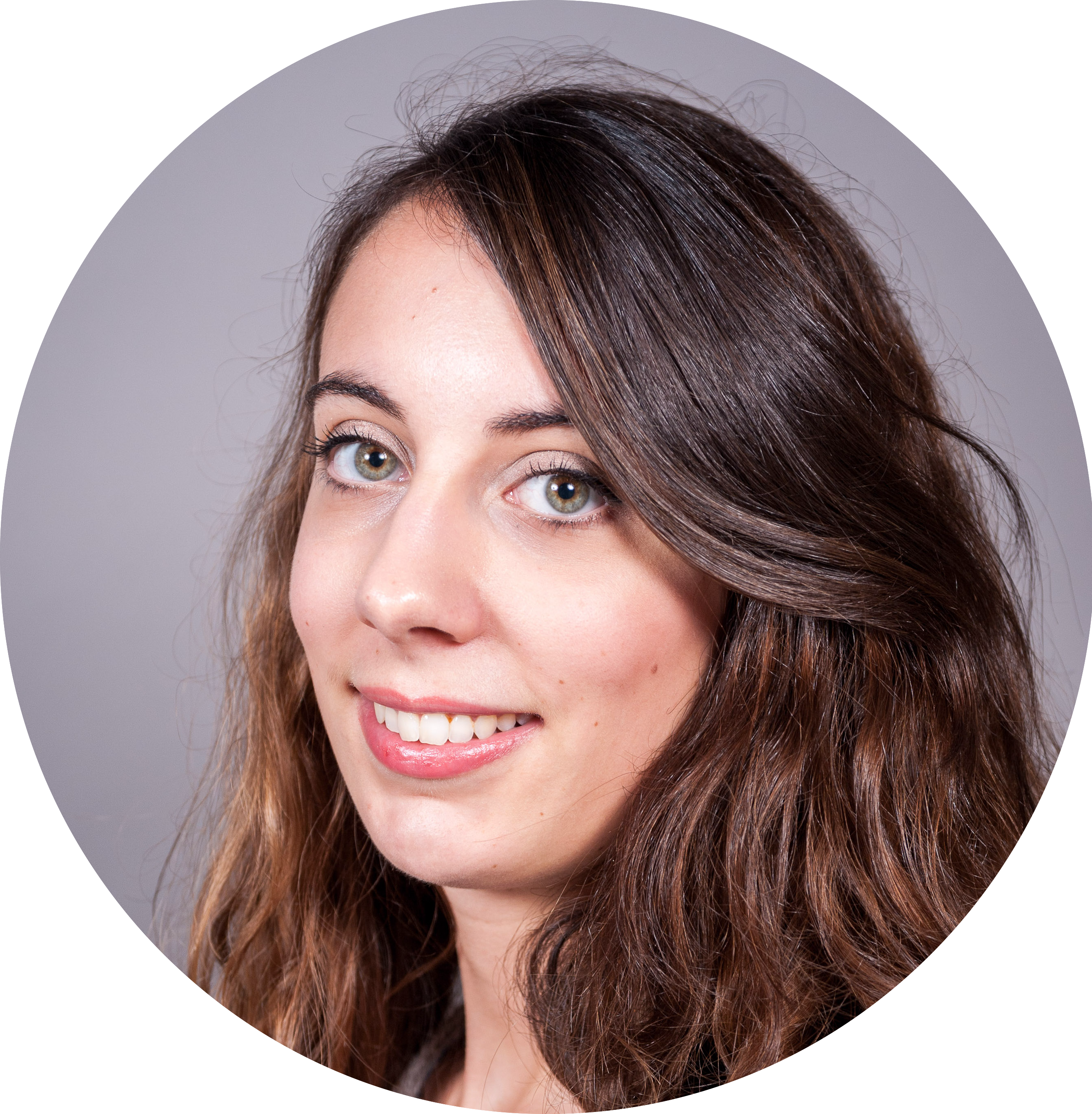
Lauriane Pellaud
Marketing Coordinator and creative pro. She enjoys simplifying complex topics into simple narratives to engage audiences and communities. Food lover and seamstress in her spare time.


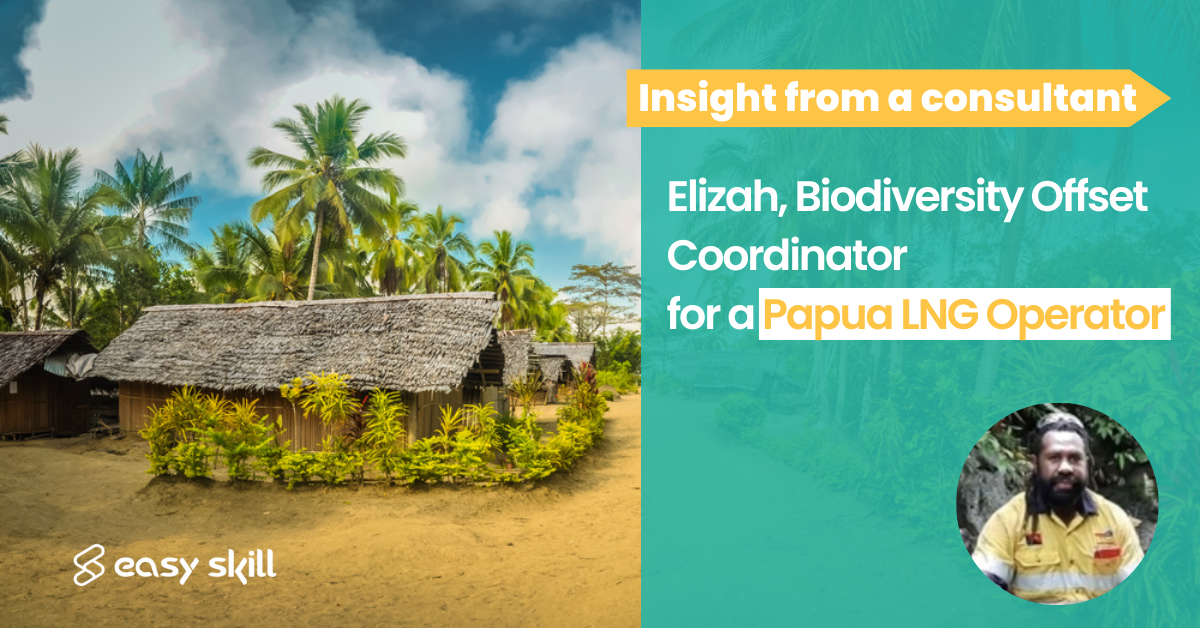

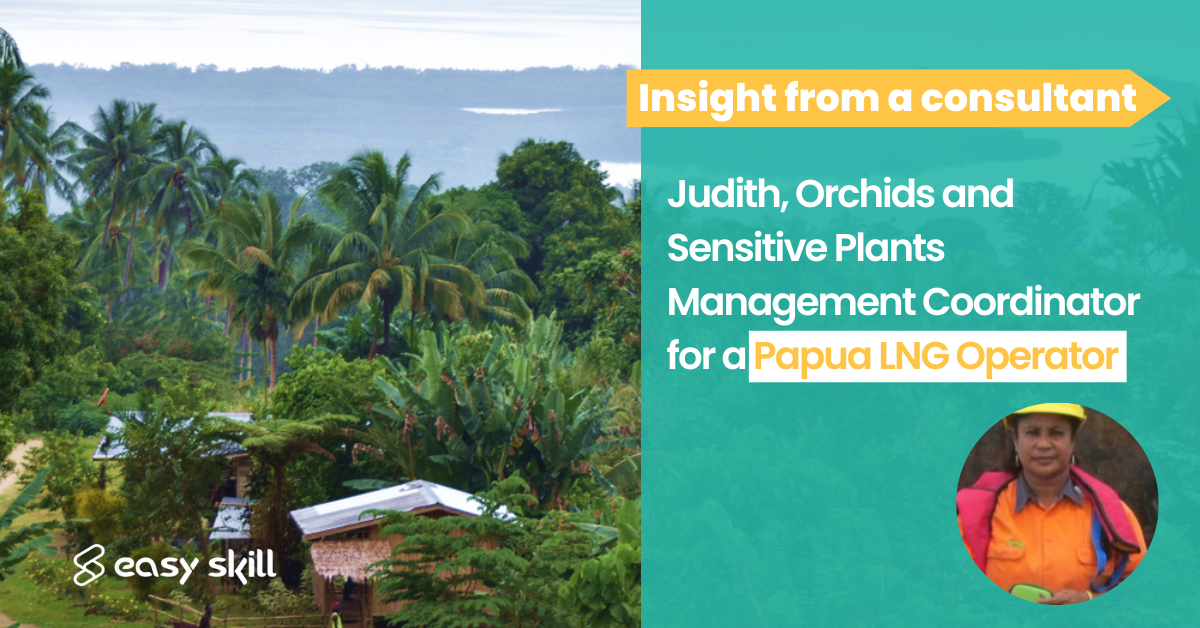
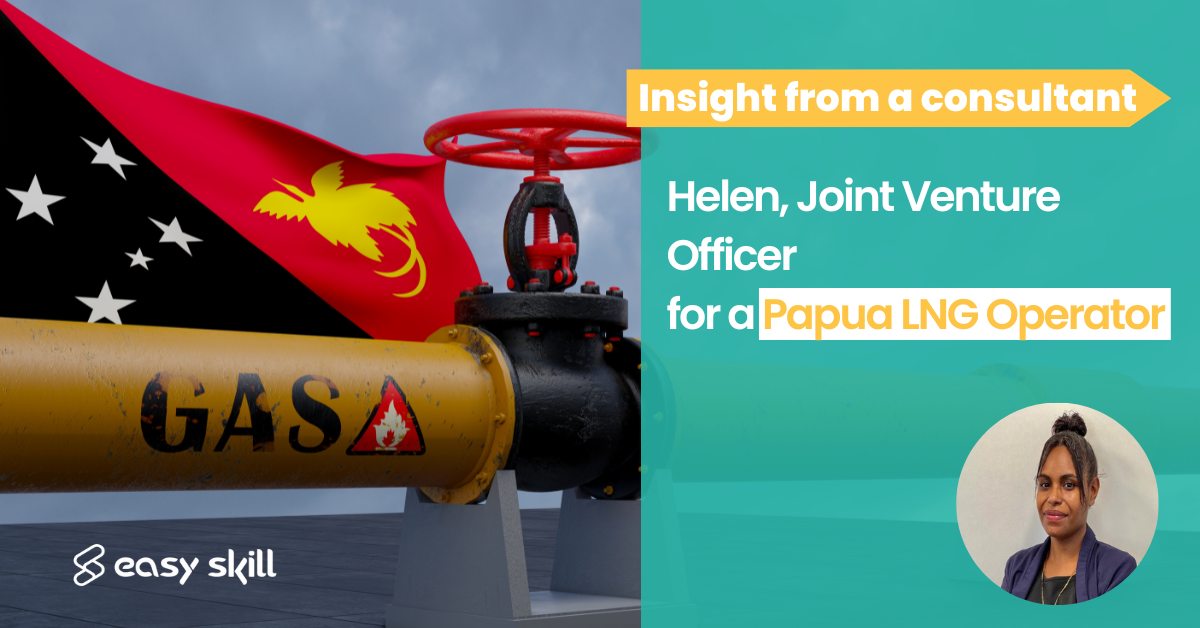
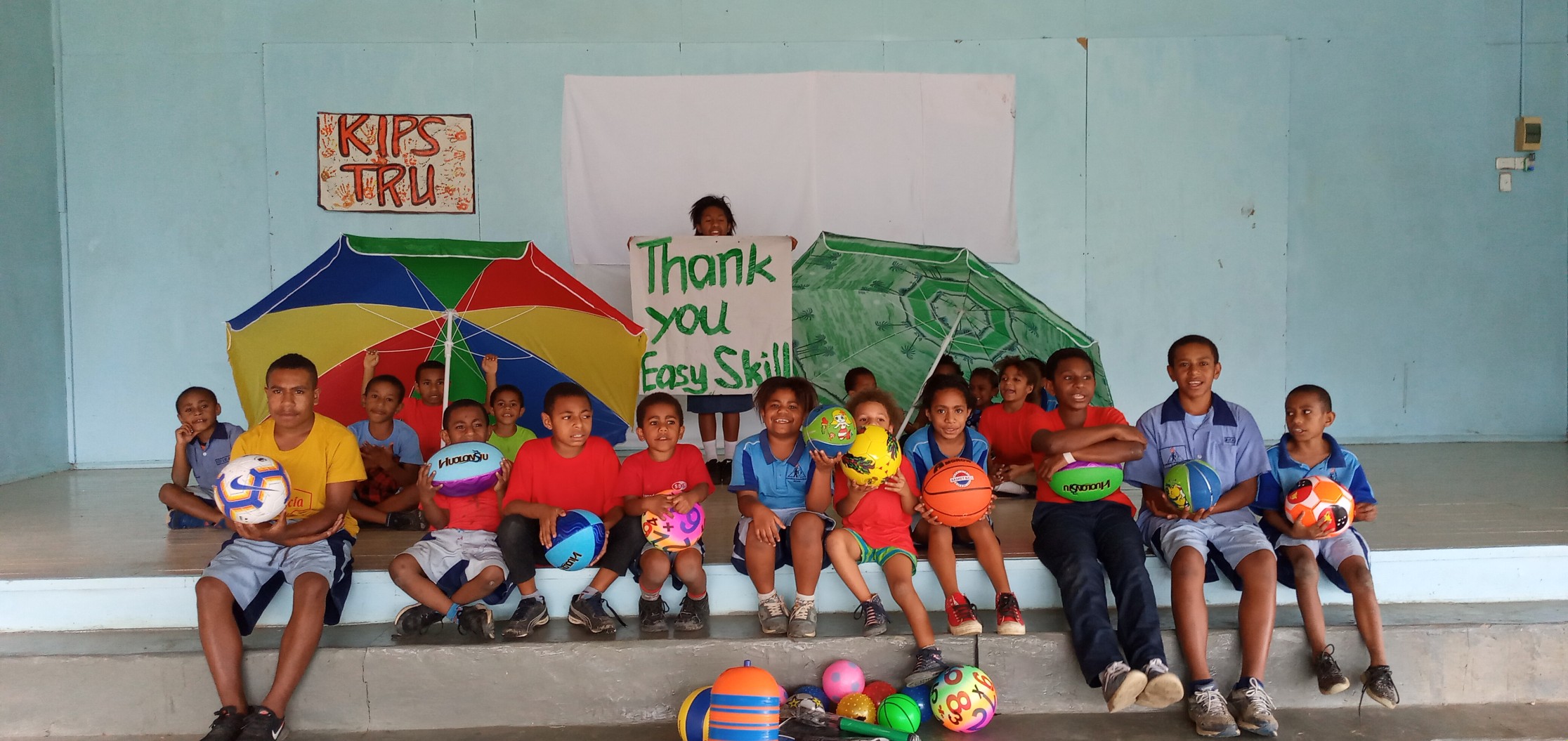
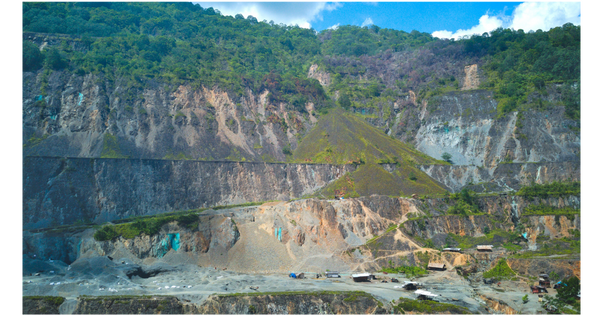
Share this Article